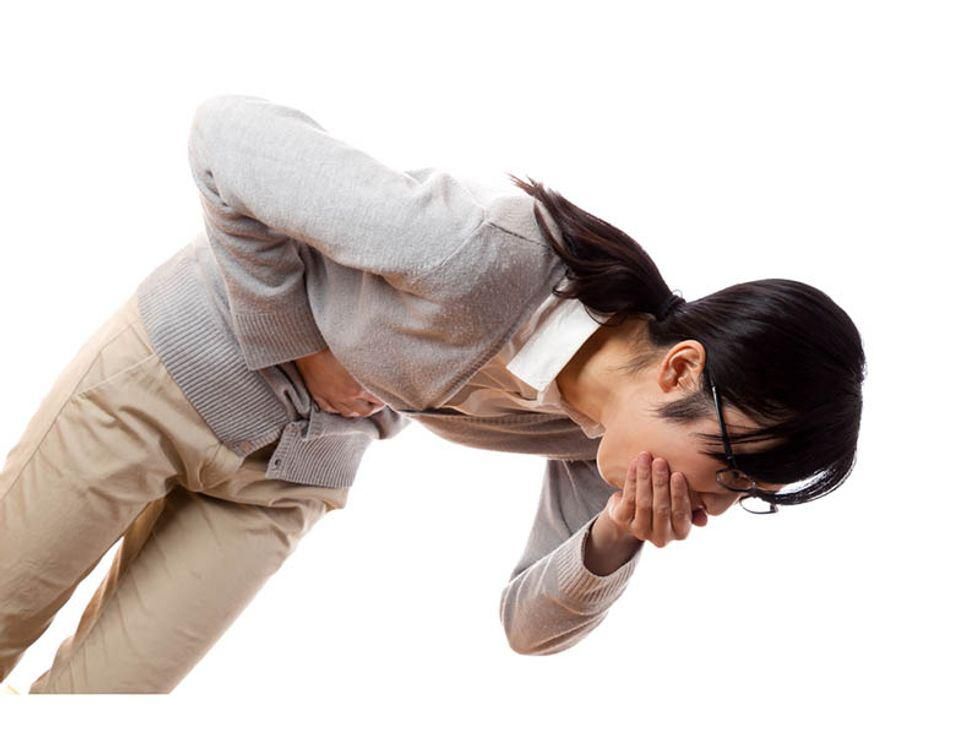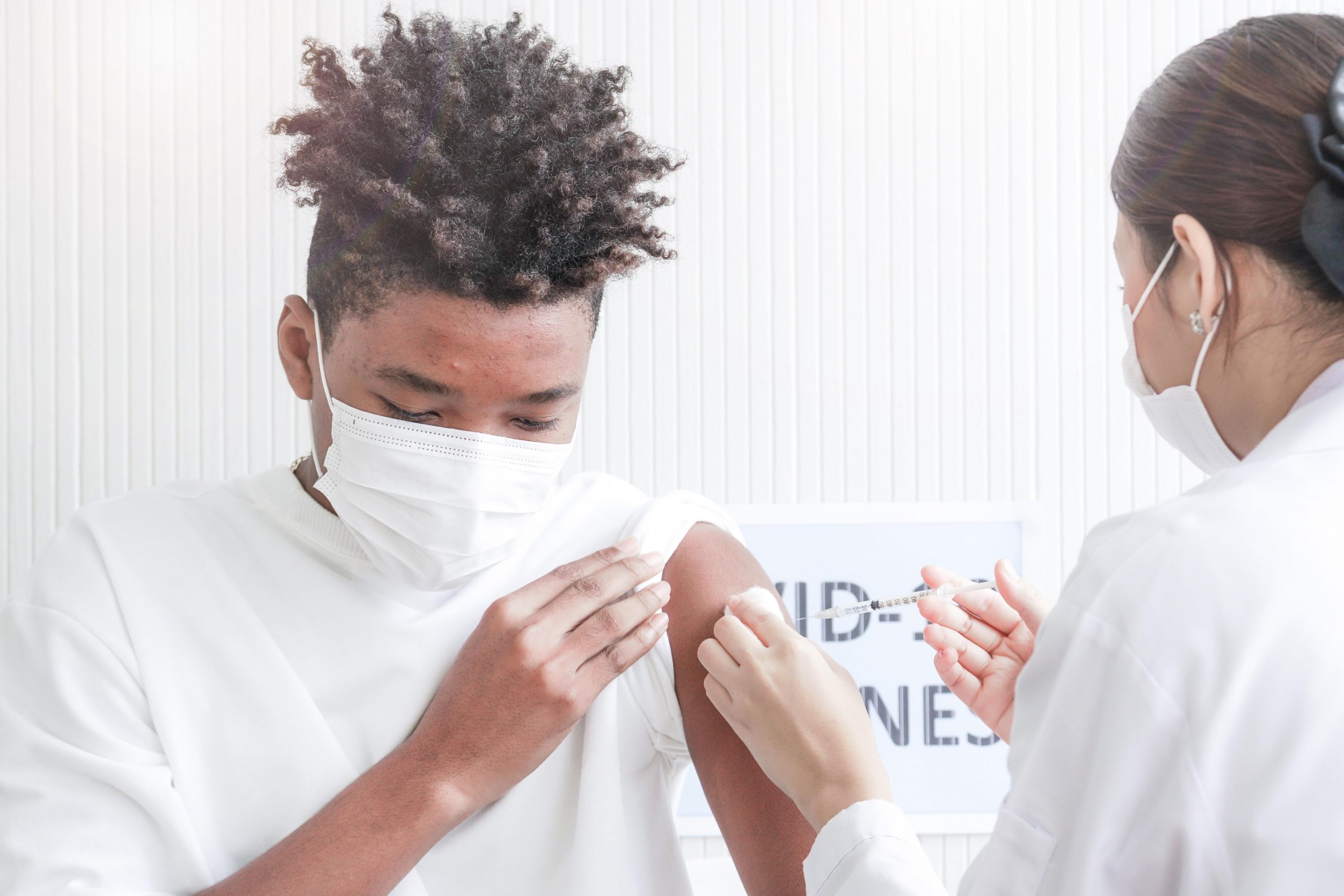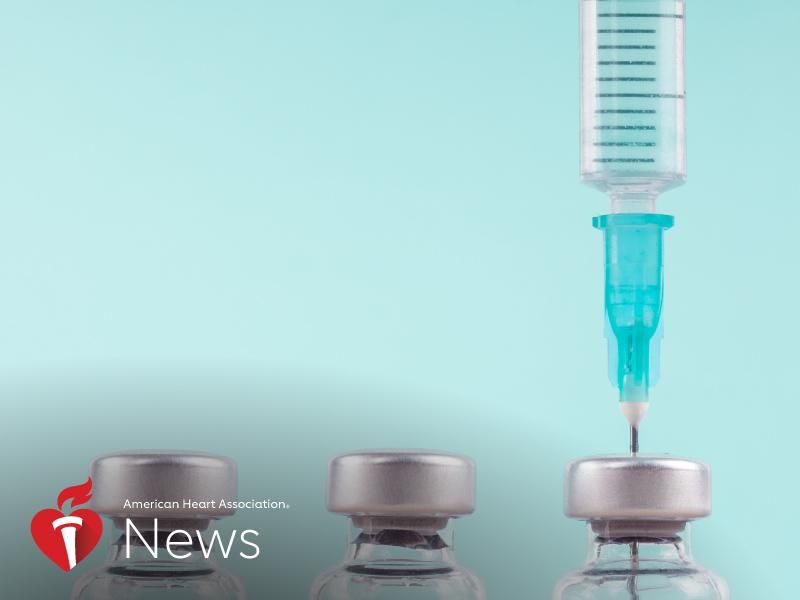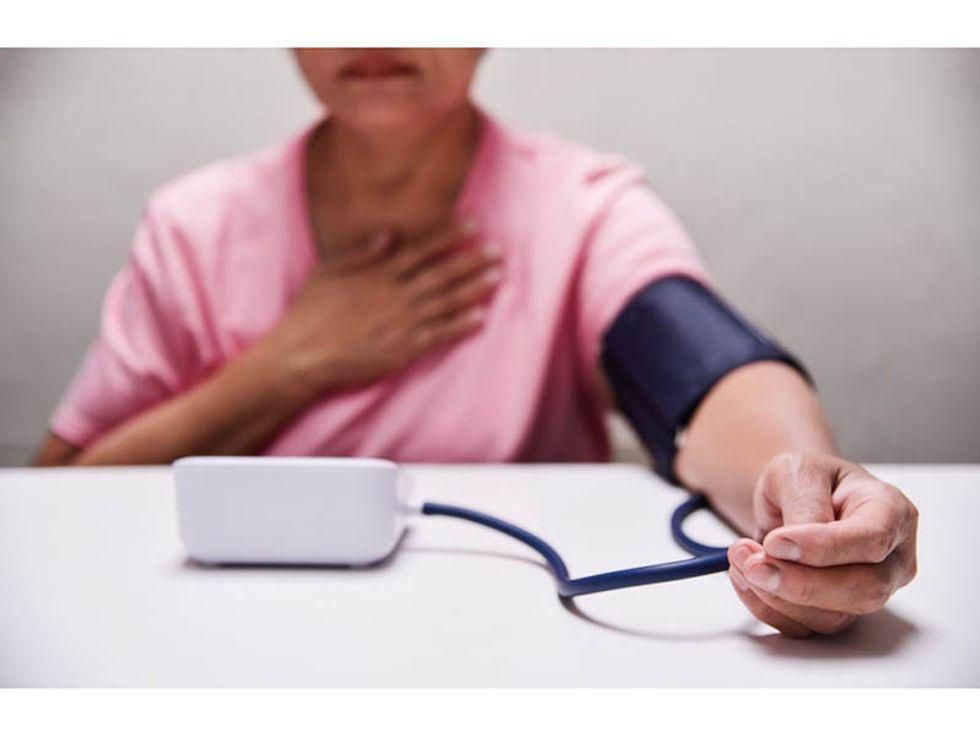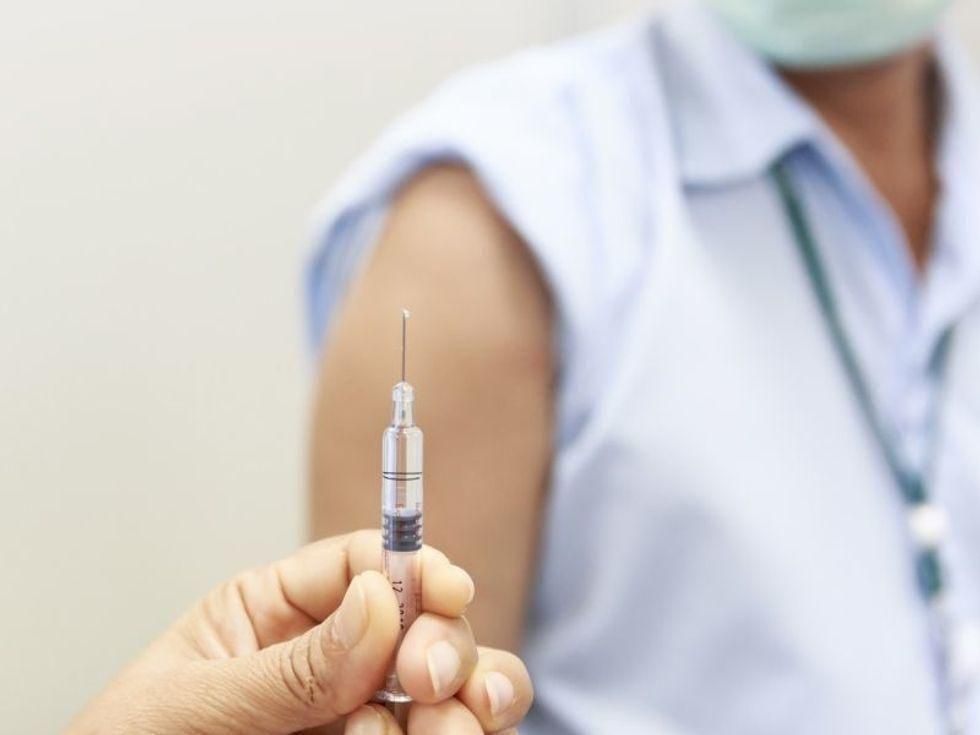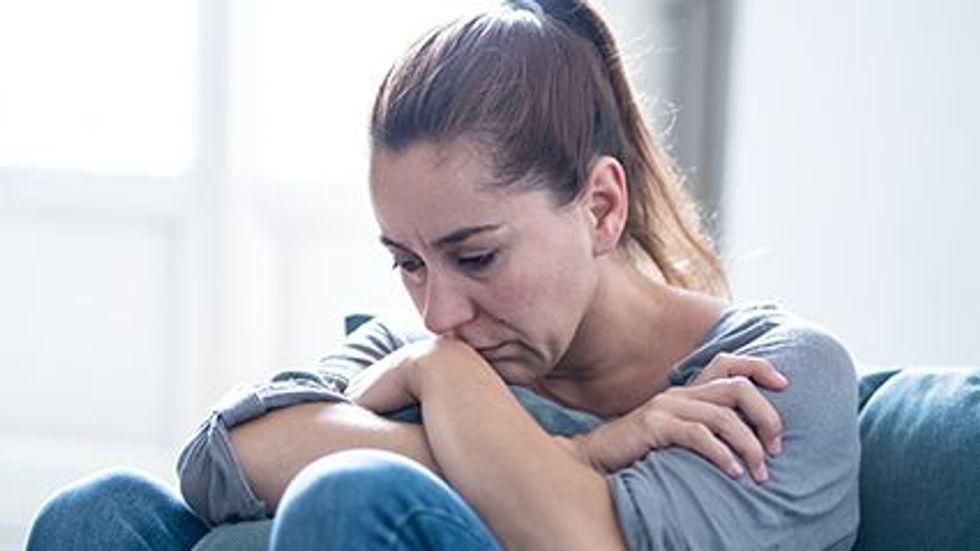
People who stop taking antidepressants after long-time use may face a high likelihood of spiraling into depression again, a new study suggests. British researchers found that among patients who stopped taking their antidepressants because they felt well, 56% relapsed within a year. That compared with 39% of patients who stayed on medication. Experts said the… read on > read on >










